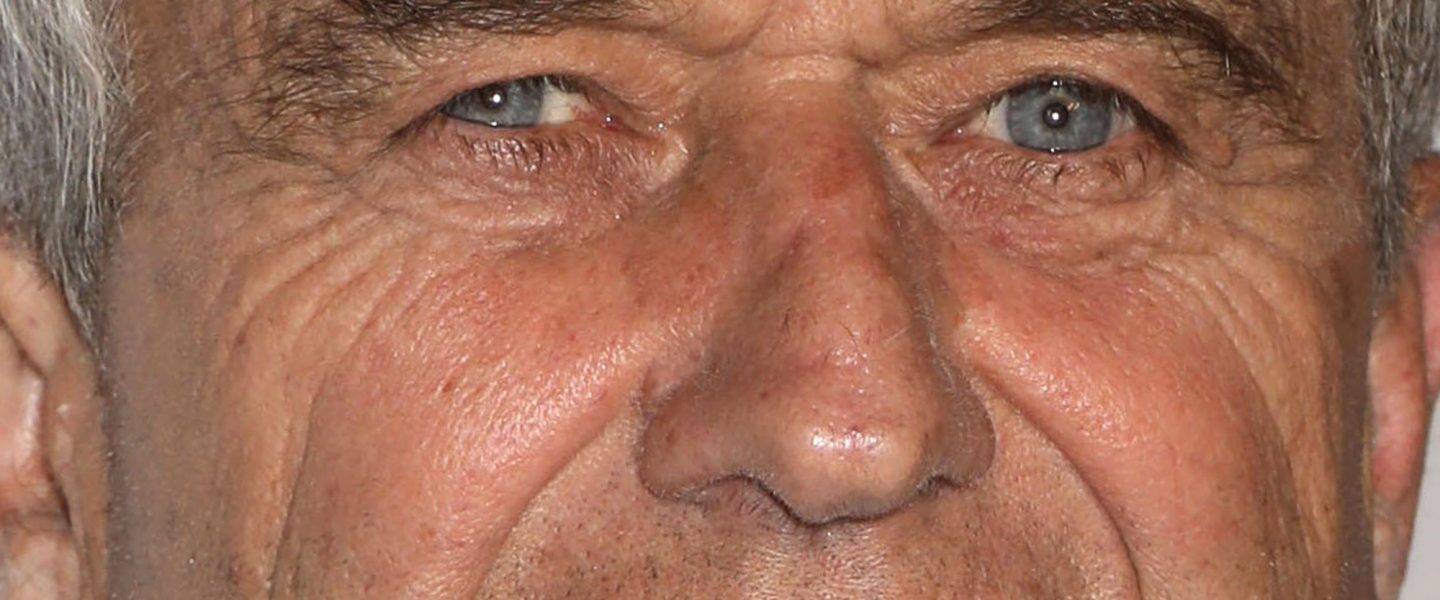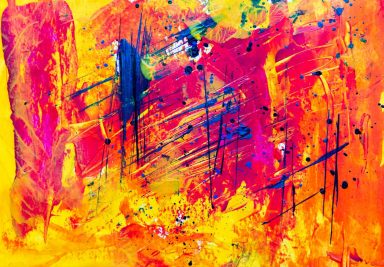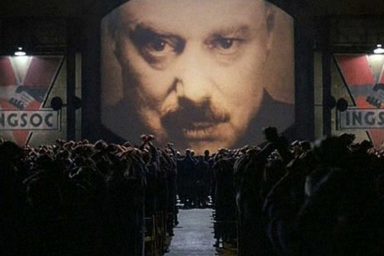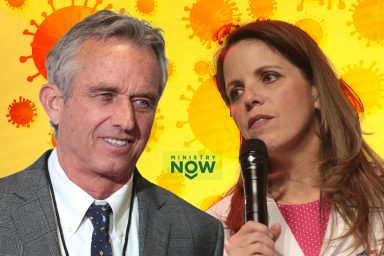A dream for some, a nightmare for others.
|
Listen To This Story
|
Since I published what so far is a series of five columns exploring RFK Jr.’s positions and claims, almost the entirety of the media, it seems, has jumped in, each offering another variation on why you wouldn’t want this guy anywhere near the White House. Most have stuck to a general recitation of his well-cataloged history of controversies, and the pros and cons of having the Kennedy name.
There are certainly some pros. First off, we should all remember the Robert F. Kennedy Jr. of his early years. When he was not engaging in foolhardy personal behavior, he was trying to be a good citizen, doing praiseworthy work to promote environmental consciousness and oppose large corporations’ subversion of government oversight, among other good deeds.
That was then; this is now. He seems to have changed, in many ways, and not for the better. He’s hardly the only person who has gotten worse — much worse — over the years. Sadly, the debasement of lofty principles and the degradation of the discourse is a trend.
Still, I’ve seen few media drill-downs into his core beliefs, or detailed scrutiny of the claims he’s made that are either scientifically dicey or simply false — which has thus far been my principal focus.
And there’s something else I haven’t yet seen: a rumination on what it would actually be like if he, against all odds, actually won. What would a Robert F. Kennedy presidency look like — based on his public positions and statements over the years, and on the apparent mindsets and beliefs of a vocal segment of his backers?
What kind of people would he listen to? What kind would he appoint?
Answering that requires some sense of his own grasp of matters at the core of policymaking. Bright as he is, he may not understand science as much as he thinks he does. That may explain why he seemingly takes the word of so-called “experts” who challenge the establishment, many of whom have been discredited.
And he apparently accepts their own self-serving and outright wrong explanations for why they have been discredited. This goes to the heart of what makes him so untrustworthy as a prospective leader. (More on his health views below.)
Had Kennedy been president during COVID-19, there would have been no serious effort at containment, but rather it would have been allowed to spread until it burned itself out. One assumes that without restrictions, the virus would have ranged unabated, and many more would have died.
On the other hand, he recognizes and does talk about certain fundamental flaws in human nature that account for all kinds of disasters. Consider these compelling comments Bobby made in April on one subject, pollution, which explain much more than that.
The interesting question that I think most Americans have is: Why would a corporation like Monsanto or General Electric poison all the fish in the Hudson if it’s their fish too?
And that question was answered by Sinclair Lewis, who said that it’s impossible to persuade a man of a fact when the existence of that fact diminishes his salary.
There’s an economic law called “tragedy of the commons,” which basically says an individual following their own economic interests will capture and kill the last fish in the ocean no matter what it does to the rest of society.
Yet, as we will see, his own emerging positions contradict this. And these contradictions are being noticed.
By all appearances, Kennedy the presidential wanna-be is being heavily coached — like most candidates — and told to temper his typically unrestrained remarks. As a result, he’s recently become uncharacteristically vague on a number of issues. But this new reticence can’t expunge his long track record of freely expressing himself. So let’s look at that record.
Like Kennedy, many of his advisers and prominent supporters style themselves “peace activists” yet had barely a critical word for Vladimir Putin and his unprovoked and bloody invasion of a neighboring country. To this day, the best they seem able to do is call for “peace talks,” as if Putin’s attempted military seizure of neighboring Ukraine were a simple territorial dispute. While justifiably aggrieved by past atrocities of the “American war machine,” they seem unable to recognize barbarities perpetrated by any other war machine.
This raises the question: What would the foreign policy of a Kennedy Jr. administration look like? Presumably, if they were true to their oft-stated positions, aid to Ukraine would be limited and/or possibly ended. The US would push for negotiations with Putin, which would inevitably include demands on Ukraine that it make major concessions to Russia — thereby establishing the dangerous precedent of rewarding deadly aggression in the heart of Europe.
***
In addition, if Kennedy were true to his word, we’d expect a kind of wholesale takedown of the entire federal medical bureaucracy. What, though, would he put in its place? As far as I can tell, he’s limited himself to trusting the word of a gaggle of outcasts who claim to have monopolies on scientific truth (which does not seem to be the case!), but who certainly harbor totally different views of doing medicine right.
This presumably would mean that had Kennedy been president during COVID-19, there would have been no serious effort at containment, but rather it would have been allowed to spread until it burned itself out. One assumes that without restrictions, the virus would have ranged unabated, and many more would have died. I suppose one could argue an upside to that, but I’m not sure what it is.
As one thoughtful person who has followed Kennedy on the vaccine issue said to me, “I don’t think there’s any way to predict, [but] I think of him as Trumpian in the sense of being an opportunist and very transactional. I don’t think he’s ever worked in government; he’ll do whatever he feels like when he wakes up. Maybe he’ll get some better quality people than Trump because of the Kennedy name, but I haven’t seen that reflected in his current organization.”
Steve Bannon made a major effort to encourage RFK to run, and plenty of Republicans seem attracted to him, so we might expect a bipartisan hue to the team — including a role for Bannon himself, armed with his famous whiteboards, perhaps as a top domestic or foreign policy adviser. Is this the man to bring America together?
Kennedy’s campaign manager, former Rep. Dennis Kucinich (D-OH), was elected mayor of Cleveland in the 1970s. At the time America’s youngest big-city mayor, he gained national attention for his populism and efforts to battle corruption (see our 2021 podcast with him) but soon ran into problems because of his confrontational style, leading to a recall movement. He served for 16 years in Congress and ran unsuccessfully for president himself. He rightfully earned praise for his principled stance against unjustified wars in the Middle East but had trouble building institutional coalitions for long-term change.
When another prominent Kennedy supporter, former Rep. Cynthia McKinney (D-GA), was a member of Congress, she regularly made unfounded claims and broadly alienated fellow Democrats. Again channeling a sentiment heard among a portion of Kennedy’s support base, in 2021 she posted a puzzle depicting the attack on the World Trade Center, and wrote “Zionists did it.” In Georgia, which McKinney represented through six terms in Congress, this is viewed as off the charts in stoking antisemitism among a population where that is growing.
Her late father, a state representative, told an Atlanta television station that “Jews have bought everybody. Jews. J-E-W-S.”
What we see is Kennedy building a confederation of outcasts, difficult people, unrealistic people, those with grudges, a lack of rational interpretation of how things — including science and government — actually work.
And unless Kennedy were to find a way back to dealing with effective, reasonable people who get things done and get along with others, we’d likely see a President RFK Jr. appointing people like Kucinich and McKinney to key positions in the White House and his administration.
Kennedy said: “My position on gun control is I’m not going to take away anybody’s guns.” He also said, without evidence, that psychiatric drugs were to blame for school shootings.
This reality is even more striking when it comes to his views on health care. For one thing, based on his own and his supporters’ outspoken mistrust of vaccines and opposition to required mask-wearing, had he been president at the height of the COVID-19 epidemic, or were he to be president in another bout of the coronavirus or some other super virus, we can expect that he would not take the kinds of measures that seem to have limited the number of deaths and hospitalizations.
Perhaps the main response would have been a push for people to take ivermectin, a veterinary treatment for parasites that has not been found to be effective against COVID-19, despite unfounded protestations to the contrary.
For the key scientific and medical positions, he’d have to turn to those he most trusts: little known figures on the margins, such as Dr. Peter McCullough, who in a number of cases have had their own controversies.
Steve Bannon made a major effort to encourage RFK to run, and plenty of Republicans seem attracted to him, so we might expect a bipartisan hue to the team — including a role for Bannon himself, armed with his famous whiteboards, perhaps as a top domestic or foreign policy adviser. Is this the man to bring America together?
Kennedy is also a hit with the “macho guys” cadre that has become popular and influential, especially with a segment of impressionable teens and young men. Joe Rogan has been enthusiastic about giving a platform to Kennedy. In the case of an RFK victory, what might Rogan demand as his share of the spoils? He would be unlikely to settle for anything that’s not fun or a chance to sound off. UN ambassador? FCC chair?
Elon Musk, who has also given Kennedy a platform, and whom Kennedy compared to figures of the American revolution, might be… anything. Secretary of state? Commerce? Transportation? A big ego like that would want a prestigious platform. Vice president?
Twitter’s previous leader, Jack Dorsey, who hardly sees eye to eye with Musk, shares an enthusiasm for RFK Jr., and seems like someone who might like to be treasury secretary.
The ever-controversial Putin apologist Tulsi Gabbard is on board and probably would seek a major appointment — perhaps, given her military service background, national security advisor.
Because he’s burned his bridges with the environmental movement, President Kennedy Jr. might have to give EPA chief to someone like venture capitalist David Sacks or one of the social media celebrities taking a contrarian position on how bad Earth’s problems are and what can and should be done about them.
We’re looking at personalities with no experience getting along with others or methodically hammering out agreements for comprehensive, long-term solutions.
More important, perhaps, it’s so striking how far away this group is from RFK Jr.’s father’s stands on equal rights, justice, and a fair and decent society.
I notice that a considerable segment of Kennedy’s supporters are gun owners and hostile to government itself, and to government regulation, which is interesting given his early work for better and stronger government regulation. How would he satisfy this element? Many of them are gun rights extremists.
Speaking with Musk and Sacks, and responding to a question from a listener, Kennedy said: “My position on gun control is I’m not going to take away anybody’s guns.” He also said, without evidence, that psychiatric drugs are to blame for school shootings. (Psychiatric drugs, appropriately prescribed, may actually prevent shootings.)
Even on the environment — one area where he did good and important things years ago — he seems to have abandoned common sense to build his unwieldy coalition of outliers and businesspeople. He’s now talking all about “free enterprise” like another Ronald Reagan. As podcaster Sam Seder noted:
In an interview with Breaking Points host Saagar Enjeti, Robert F. Kennedy Jr. was asked why nuclear, solar, wind, or any other form of power should “float outside of public support systems” if the overall social benefit of it “unlocks economic potential.” Kennedy responded that he believes implementing energy policy in a free market context is optimal. He said that the free market is the best way to drive innovation and efficiency in the energy sector. Kennedy also said that he believes the government should play a role in supporting clean energy technologies, but that the private sector should be the primary driver of innovation.
This is a ridiculous and uninformed statement. The free market has failed miserably when it comes to addressing climate change. The private sector has no incentive to invest in clean energy technologies because they are not profitable in the short term. The only way to effectively address climate change is through government regulation and investment.
Kennedy, pedigree notwithstanding, comes across as a booster of conservative, pro-business positions, particularly those appealing to a certain sliver of the tech crowd, for example, opposing the Biden administration’s effort to tax the bitcoin mining industry for its environmentally wasteful and nonproductive activities.
That is most certainly not the Bobby Kennedy of 1968. Which raises the question: If anyone is supporting him because of his father or his uncle… Why?
RELATED:
Building Herd Immunity to Truth: More on RFK Jr.’s Anti-Vax Crusade
Vaccine Skeptics to March on Washington — With a Dangerous & Confusing Message
How Robert F. Kennedy Jr., His Presidential Candidacy and Vaccine Views, Help Trump




